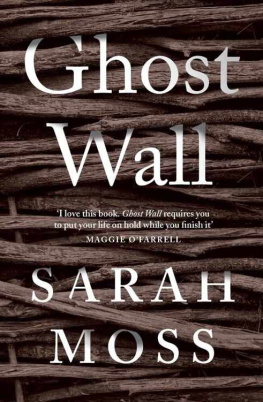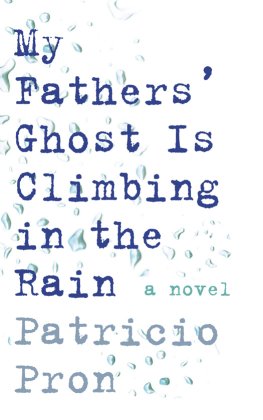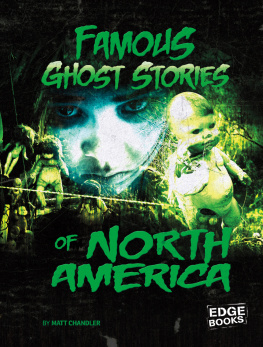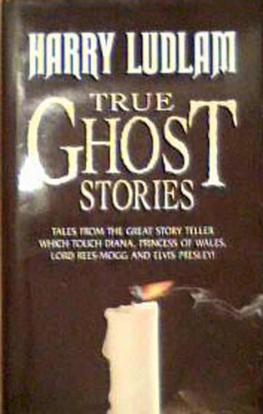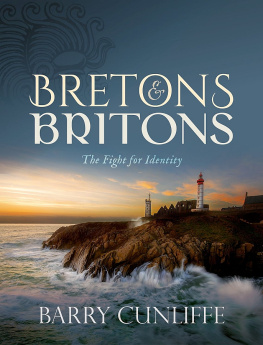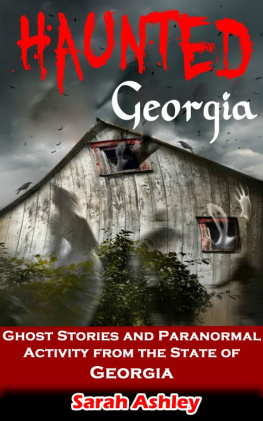Ghost Wall
THEY BRING HER out. Not blindfolded, but eyes widened to the last sky, the last light. The last cold bites her fingers and her face, the stones not the last stones bruise her bare feet. She stumbles. They hold her up. No need to be rough, everyone knows what is coming. From deep inside her body, from the cord in her spine and the wide blood-ways under the ribs, from the emptiness of her womb and the rising of her chest, she shakes. A body in fear. They lead the fearful body over the turf and along the track, her bare feet numb to most of the pain of rock and sharp rushes. Chanting rises, the drums sound slow, unsyncopated with the last panic of her heart. Others follow, wrapped against the cold, dark figures processing into the dusk.
On arrival, they strip her. It is easy; they have put her into a loose tunic. Her body is white in the pale red light, solid against the wisps of fog and the tracery of reed. She tries to cover herself with her hands, and is not allowed. One holds her while the other binds her. Her breathing is accelerating, its condensation settling on her face. All of them are accompanied by their exhalations, slowly dissolving into the air. They turn her to face the crowd, they display her to her neighbours and her family, to the people who held her hands as she learnt to walk, taught her to dip her bread in the pot and wipe her lips, to weave a basket and gut a fish. She has played with the children who now peep at her from behind their mothers, has murmured prayers for them as they were being born. She has been one of them, ordinary. Her brother and sisters watch her flinch as the men take the blade, lift the pale hair on the left side of her head and cut it away. They scrape the skin bare. She doesnt look like one of them now. She shakes. They tuck the hair into the rope around her wrists.
She is whimpering, keening. The sound echoes across the marsh, sings through the bare branches of rowan and birch.
There are no surprises.
They place another rope around her neck, hold the knife up to the setting sun as it edges behind the rocks. What is necessary is on hand, the sharpened willow withies, the pile of stones, the small blades and the large. The stick for twisting the rope.
Not yet. There is an art to holding her in the place she is entering now, on the edge of the water-earth, in the time and space between life and death, too late to return to the living and not time, not yet, not for a while, to be quite dead.
DARKNESS WAS A long time coming. The fire crackled, transparent against the trees, its purpose no more, no less, than ceremonial. We had been pushed away from each other by the heat that no-one wanted. Woodsmoke stung my eyes and the rock dug into my backside, the rough tunic itchy under my thighs. I slipped my foot out of its moccasin and pointed my toes towards the fire for no reason, to see how it felt. You cant be cold, my father said, though it was he who had lit the fire and insisted that we gather around it. I can, I thought, if Ive a mind, but I said no, Dad, Im not cold. Through the flames, I could see the boys, talking to each other and drawn back almost into the trees as if they were thinking of melting into the woods and creeping off somewhere to do some boys thing at which I would probably be more skilled. My mother sat on the stone where my father had told her to sit, tunic rucked unbecomingly above her fat white knees, staring into the flames as people do; it was boring and my father was holding us all there, bored, by force of will. Where do you think youre going, he said as I stood up. I need, I said, to pee, and he grunted and glanced towards the boys, as if the very mention of biological functions might incite their adolescent passions. Just make sure you go out of sight, he said.
Within a few days, our feet would wear a path through the trees to the stream, but that first night there was moss under foot, squashy in the dim light, and patches of wild strawberries so ripe and red they were still visible in the dusk, as if glowing. I squatted to gather a handful and wandered on, picking them out of my palm with my lips, kissing my own hand. Bats flashed through the space between branches, mapping depth into the flat sky: I could still hear them then. It was odd to walk in the thin leather shoes, only a layer of borrowed stolen skin between my feet and the sticks and stones, the damp patches and soft places of the woods. I came to the stream and squatted beside it, dipped my fingers, listened. Water over rock and peat, leaves stirring behind me and over my head, a sheep calling on the hill. Fresh dew came through my shoes. The stream tugged at my fingertips and the heather explored my legs, bare under the tunic. It was not that I didnt understand why my father loved these places, this outdoor life. It was not that I thought houses were better.
When I returned to the fire, my mother was kneeling at its side, not propitiating the gods but hefting slabs of green turf from a pile. Give us a hand, Sil, she said, he says if you do it right you can cover it for the night and pull the turfs off in the morning, he says thats how they always did it, them. In the old days. Yeah, I said, kneeling beside her, and I dare say he didnt say as how there was someone to show you, in the old days, how they didnt just give out instructions and bugger off. She sat back. Well, she said, but theyd have known, wouldnt they, back then, not have needed telling, youd have learnt it at your mams side and dont use language like that, hell hear you.
We were sleeping in the roundhouse, my parents and I. The students had built it earlier in the year, as part of a course on experiental archaeology, but they had been firmly resistant to my fathers view that everyone should sleep in it together. There was no reason, my father said, to think that Ancient British households had been organized like modern families, if the students wanted a real experience they should join us on the splintery bunks they had built and padded with deerskins donated by the anachronistic local lord of the manor. Or at least, since the lord of the manor lived in London and certainly didnt spend his summers in Northumberland, donated by some servant on his behalf. Professor Slade said ah well, after all authenticity was impossible and not really the goal anyway, the point was to have a flavour of Iron Age life and perhaps some insight into particular processes or technologies. Let the students sleep in their tents if they prefer, he said, there were almost certainly Iron Age tents also. Skin tents, Dad said, none of this fancy nylon stuff. The tent we used on our holidays was made of canvas the colour of apricots and possibly left over from the Second World War. I had noticed that the students had pitched their inauthentic colourful and waterproof nylon tents in the clearing below our hut, screened by trees and hillside from both the roundhouse and the Professors larger tent nearer the track where he kept his car. I could sleep in one too, Dad, I said, give you and Mum some privacy, but Dad didnt want privacy, he wanted to be able to see what I was up to. Dont be daft, he said, of course you cant sleep wi the lads, shame on you. Anyway privacys a fancy modern idea, exactly what were getting away from, everyone trying to hide away and do what they want, youll be joining in with the rest of us. I do not know what my father thought I might want to do in those days but he devoted considerable attention to making sure I couldnt do it.
The bunks were exactly as uncomfortable as youd expect. I had refused to sleep wearing the scratchy tunic that my father insisted in the absence of any evidence whatsoever to be the Ancient British nightdress as well as daywear, but even through brushed cotton pyjamas the straw-stuffed sack was prickly, smelt like a farmyard and rustled as if there were small mammals frisking in it every time I moved. The darkness in the hut was complete, disconcerting; I lay on my back moving my hands in front of my face and saw nothing at all. My father turned, sighed and began to snore, an irregular bovine noise that made the idea of sleep ridiculous. Mum, I whispered, Mum, you awake? Shh, she hissed back, go to sleep. I cant, I said, hes too loud, cant you give him a shove. Shh, she said, go to sleep Silvie, close your eyes. I turned onto my side, facing the wall, and then back because it didnt feel like a good idea to have my back to the darkness like that. What if there were insects in the straw, ticks or fleas, what if they got inside my pyjamas, what if there was one now, on my foot, maybe all the way up my leg, jumping and biting and jumping, and on my back, coming through the sack, several of them, on my shoulders and my neck Silvie, hissed Mum, stop wriggling like that and go to sleep, youre getting on my nerves summat proper. Hes getting on my nerves summat proper, I said, they can probably hear him in Morbury, I dont know how you put up with it. There was a grunt, a shift. The snoring stopped and we both lay still, frozen. Pause. Maybe hes not going to breathe again, I thought, maybe thats it, the end, but then it started again, a serrated knife through cardboard.

